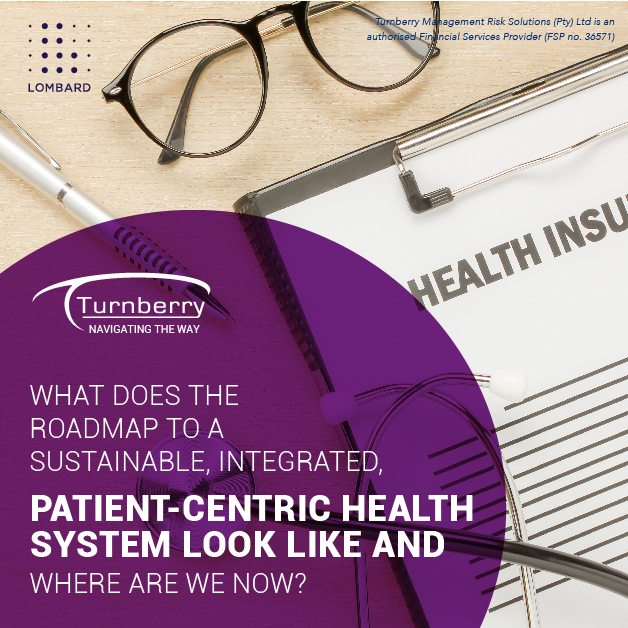
MoneyMarketing / FA News – 3rd December 2020
The Covid-19 pandemic has put increased pressure on the South African government to get the National Health Insurance (NHI) programme up and running. However, there are numerous challenges involved in achieving this goal. The level of care within the public sector needs to be increased, not necessarily from a quality of service perspective, but rather access to services and waiting times involved and facilities. Partnerships with the private sector are the best way of tackling challenges across the board and can be mutually beneficial for both public and private healthcare providers.
Quality is not the problem
Many state hospitals are also tertiary education facilities, and they have some of the very best doctors in the world working there. The challenge is that there are simply not enough doctors for the volume of patients, which impacts the level of care provided. This means that there are long waiting periods to receive treatment, in turn increasing the risk of negative outcomes. Private hospitals are a business, but public-sector facilities will never be profitable, so it is difficult for them to retain staff. In addition, when equipment is in need of repairs, this can take time, again impacting on the level of care
Getting the basics right
The old adage that prevention is better than cure has never been more applicable. To reduce the burden on hospitals, and therefore the cost involved with treatment, it is imperative to address primary healthcare services first. Providing vaccinations is key, as is screening for illnesses such as diabetes, high cholesterol, high blood pressure and heart disease. However, this is only the first step, because patients with any of these conditions require ongoing medication and care.
Primary healthcare is the cornerstone of an effective health system. But having to take an entire day off work to sit in a queue at the hospital clinic for a checkup or to obtain medicine is simply not viable for most people. As a result, people often do not go, so they do not receive the medication and treatment they need.
Partnering with private
Public-private partnership initiatives, where the public sector contracts private healthcare, can help to address these challenges. The key to effective primary healthcare is to ensure that people stay on their treatment plan, which means that it needs to be easy for them to receive treatment. With a private sector partnership, private pharmacies could be used to dispense medication, which is then paid for by the government. This makes it far easier for people to receive their medication, while removing some of the burden from hospital clinics.
Partnerships would be beneficial for diagnosis and hospital treatment as well, since they can be applied across the board. Government would effectively pay private facilities, increase access to doctors and treatment facilities, while at the same time helping the private sector to remain profitable by increasing their patient load. Through effective partnerships we can ensure that more of the population has access to healthcare.
Technology as an enabler
Technology too can play a role in assisting the levels of public healthcare, as digitising certain processes can help to address frustrations on a number of levels. A better record management system in the current public healthcare sector would assist with reducing waiting times and improve treatment plans. Payment systems can also be improved using technology, to streamline processes.
Another area technology can address is online bookings and reminder systems. In addition, improved communication systems would help with managing appointments and reminders to collect medication. Any technology solution, however, must make use of a medium which everyone has access to, so mobile-enabled systems are key. For example, communications can be automated and then distributed via SMS, ensuring they will reach the population.
Private sector plays an ongoing role
There can be no doubt that a system like the NHI is needed to bring quality healthcare to all South Africans. However, there are many obstacles on the path to achieving it. It needs to be properly planned, with the right systems and partnerships in place, otherwise it will inevitably fail.
